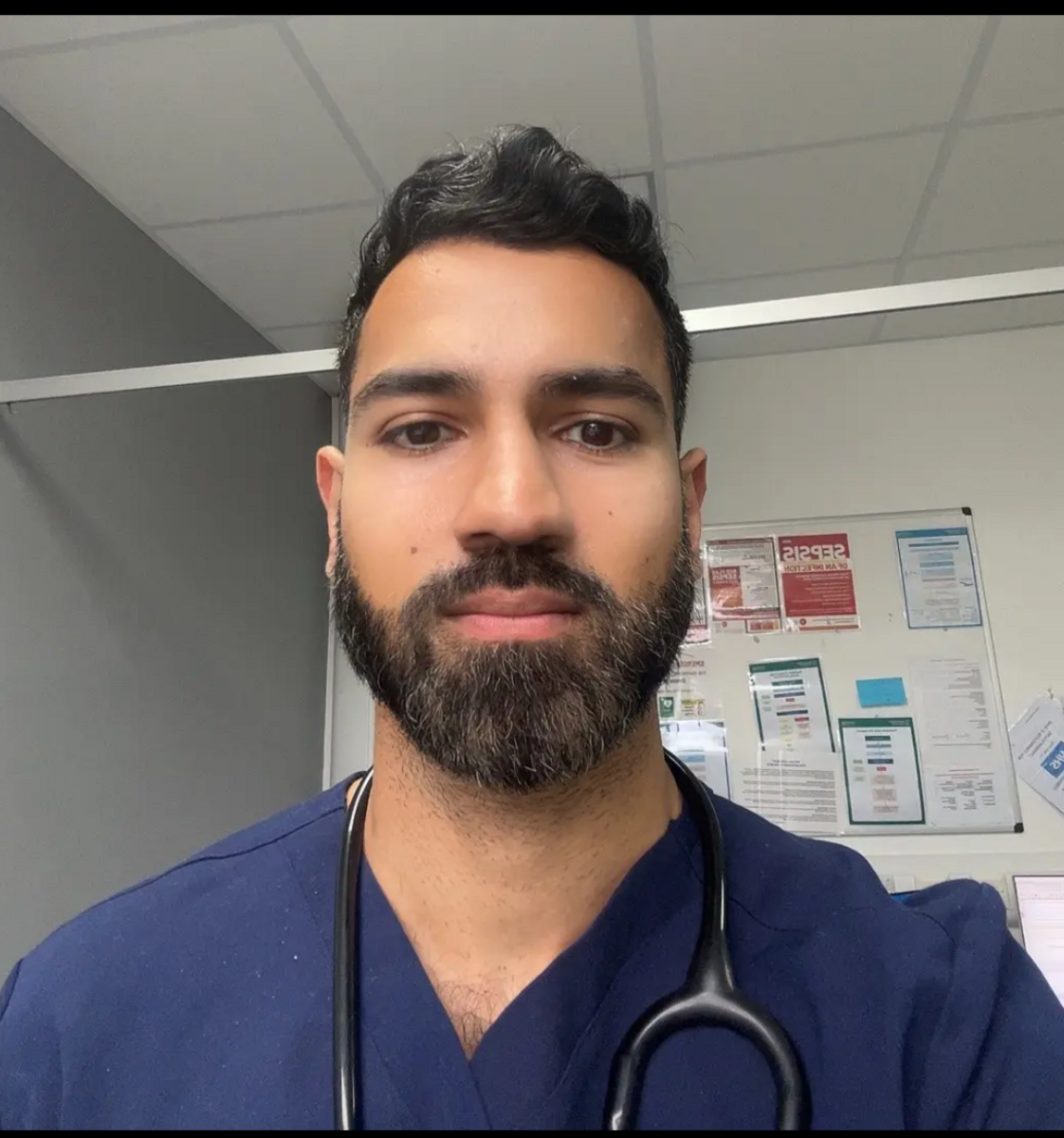Hi Friend
When most people think about fibromyalgia, ME/CFS, or long-term fatigue, they imagine something that “suddenly happened.”
But for many, it’s not a single infection, accident, or stressful period — it’s a story written deep into the nervous system, often beginning decades earlier.
During the first seven years of life, your brain and nervous system are sculpting themselves in response to your environment — a process called neural pruning.
Connections that are used often become stronger; those rarely used fade away.
If a child grows up in a calm, nurturing, and predictable environment, the nervous system learns to feel safe. The body’s stress response activates only when needed — and then settles back down.
But if early life includes unpredictability, emotional neglect, conflict, or fear, the brain adapts in a different way. It becomes wired for vigilance.
The sympathetic (“fight or flight”) system becomes dominant, and the calming parasympathetic (“rest and repair”) pathways don’t develop as fully.
In survival mode, the body learns:
“Safety isn’t guaranteed. I must stay alert.”
That adaptation may have helped you survive childhood — but decades later, the same wiring can make your body overreact to stress, pain, or infection.
⚡️ The Adult Trigger: When the System Finally Overloads
Then, something happens — a viral infection, a major stress, an accident, burnout, grief, even long COVID.
That “trigger” doesn’t create fibromyalgia or ME on its own — it simply overwhelms a nervous system that has been running at high alert for years.
Once that threshold is crossed, your brain begins interpreting normal signals — touch, sound, energy demands — as threats.
Pain becomes amplified. Muscles tighten. Digestion slows. Sleep fragments.
The immune system stays on, the mitochondria burn out, and your body shifts into a chronic protective state.
This is why many people say:
“I haven’t been the same since that illness or trauma.”
Your body isn’t broken — it’s overprotecting you.
🌿 The Good News: Your Nervous System Can Rewire
Neuroscience now shows that safety can be relearned — even after decades of dysregulation.
Through consistent retraining, movement, breath, and supportive connection, the brain begins to interpret the world differently again.
The stress circuits quiet down.
The parasympathetic system strengthens.
Inflammation drops, energy stabilises, and pain perception shifts.
This is exactly what The Mend Collective was built to help you achieve.
🧩 Inside The Mend Collective
Your personalised 16-week programme brings together everything we know about calming and retraining the body after long-term stress:
Somatic and trauma-informed therapies — gentle practices that help the body feel safe again.
Vagal toning and breathing techniques to restore balance between “fight or flight” and “rest and repair.”
Functional nutrition and pacing to rebuild energy from the inside out.
Guided movement and yoga designed for fatigue and hypersensitivity.
Community support and live coaching — because healing happens faster when your brain feels seen, safe, and connected.
When you bring these elements together, you’re not “managing symptoms.”
You’re re-teaching your body how to feel safe again — and that’s when recovery begins.
Doors to The Mend Collective open on October 30, with a special founding-member rate of £10 per week .
If you’ve ever felt that your body “won’t switch off,” or that stress and pain seem linked in ways no doctor ever explained — this is your invitation to finally understand why, and to begin changing it.
👉 waitlist here: https://mendcollective.lpages.co/waiting-list/
Also a live webinar recording below that explains abit more about chronic disease
With warmth and understanding,
Dr Ahmed
Founder, The Mend Collective

